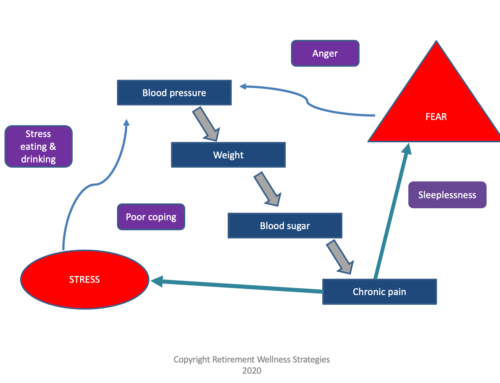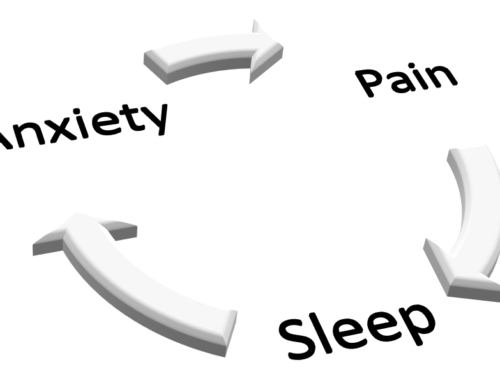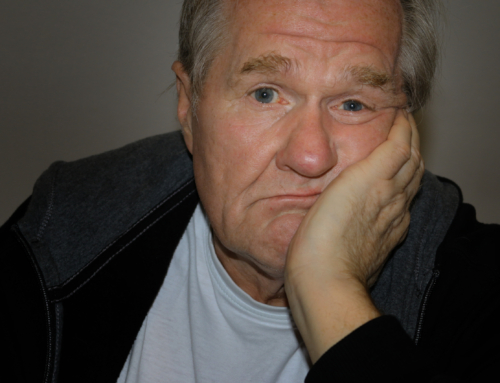Spiritual health is the third of the four components of health. True health requires health in all four components. Over the last two weeks we covered physical and mental health. Next week we will cover the fourth component.
This blog is being released on the most important holiday of the Christian religion. It seems timely to talk about spirituality and why and how it is linked with your health.
Researchers have studied what are the differences between the most healthy and the least health people in our world. Certainly some of the factors are:
- our genes
- our environment
- our accessibility to healthcare
- our socioeconomic system
These are more tangible, or objective, types of factors. We can define and measure them. But, these measures alone can’t explain all of the differences in our health.
A component that many researches have included is the concept of religion. Most studies I have found don’t differentiate which religion. They just look at whether the person identifies with a religion. Studies have found that identifying with religion is associated with better health.
Why would spiritual health and religion be associated with better health?
One potential reason religion could enhance your health could be belief in a higher power. There is assurance and hope in having someone/something overseeing your life. In some religions there is a direct relationship with the higher power. In others, a common belief system provides a group to whom you can belong and share those beliefs.
Religion has also been credited with providing a way of coping with life events. In some religions, God can be asked for help. Some studies have demonstrated a positive benefit of prayer on health. In others, the care of one another by people within a religious group benefits health outcomes.
The sense of belonging, the social opportunities, and the structure of religion appear to add to better health. In addition, religion provides additional opportunities for volunteering. Those who volunteer have been found to be healthier. Of course, there are non-religious ways to volunteer. But, some of the studies found those with a religious affiliation to be more likely to volunteer.
Altruism is one of the attributes associated with improved health. Altruism is defined as, “feelings and behaviors that show a desire to help other people and a lack of selfishness” (Merriam-Webster definition). Some of the major religions – Judaism, Christianity, and Islam – encourage helping others. Then, God will reward such actions. Either way, people who think about and do positive things for other people are healthier.
There is growing interest in studying this. There is now evidence to support the crucial role of spirituality in overall health. Stay tuned to see how this information will be incorporated in to our healthcare system.
There are no medications for spirituality. So, you might wonder why Meds MASH would be posting about this topic. But, it is a core part of overall health. So in the interest of completeness, spirituality is an important topic.
For a list of references used in the writing of this blog, please contact us at www.medsmash.com.
For further application, see my personal blog.






